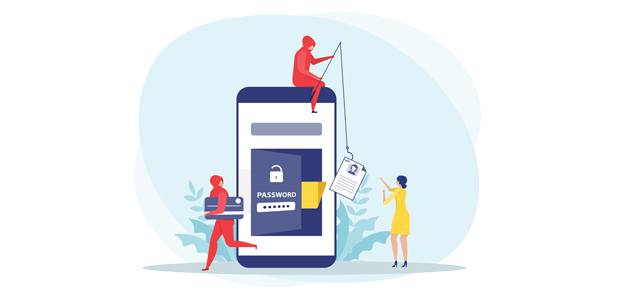
How to protect your business from fraud
Fraud has always affected business and it can be particularly devastating for those companies that are in the start-up phase. A recent report has found that fraud (particularly cyber fraud) has increased by 28% in the last year, largely driven by the Covid-19 situation. This article looks at the warning signs, what might be done to stop it and what to do if you expect that it might be happening.
With the easing of restrictions and the arrival of summer, it is easy to believe that soon the working world will return to normal. But the arrival of Covid appears to fundamentally have changed the way businesses work with an increased reliance on technology, a strong expectation amongst the workforce of remote working and the realisation that (regardless of the fatigue that has set in) Zoom/Teams calls are probably here to stay.
The position is even more pronounced in start-up businesses. Remote working represents a unique opportunity for young businesses in their first growth cycle to avoid the heavy overheads of rented office space and to rely entirely on a virtual office. But, with the obvious advantages that this type of work brings, comes particular risks that affect all business but which can cause additional problems for start-ups.
Remote working reduces oversight over individuals (for those committing fraud against their own companies). It also increases reliance on telephone and video call communication. The knock-on affect of this is that we are all more comfortable with doing things remotely and using the technology to help our day to day lives. Whilst most of this is positive, it is also a serious risk area.
Warning signs
How to prevent fraud
There are numerous ways to prevent fraud in practice but perhaps the key ones are:
-
Remain vigilant: Are invoices going through the system late at night, at busy periods or on a Friday afternoon? Ask yourself whether these will be scrutinised in the same way as they would in quieter periods. Do payments need to be reviewed and approved by two senior individuals? If so, are they both actually reviewing the information or waiving it through?
- Look for anything out of the ordinary: There are no easy answers or flags to highlight here but if anything jumps out as unusual (no matter how small), be prepared to question it. Expenses bills might be higher than expected or contracts might not look quite right. In my career I have seen numbers tipexed out of valid invoices and replaced with higher figures before being photocopied, contracts copied from the internet with names changed and people travelling a remarkable amount on expenses. All of these would arguably have been identified if people were more aware of things that looked unusual.
- Make sure that policies and procedures are up to the task: The above steps assist in the detection of frauds but, ultimately, businesses have to rely on procedures and policies that make it difficult, if not impossible, for fraudsters to breach. Start-ups are at an advantage here as it is possible to create these policies (and the culture that surrounds their adoption) from scratch. Talk to your lawyers, they will likely help you put these together (and will probably do so for free as a business development exercise). No system is full-proof but if you have no system at all you can guarantee that fraud will follow.
- Be certain of those you work with: Over the last year it is not unusual to have colleagues we have never met in person. There is clearly nothing wrong with this but do you really know those that you have employed? Is it worth conducting criminal records checks on new joiners? For those that have worked in the businesses for some time, are you aware of any behavioural changes? If so, is it worth considering why these changes might have occurred.
What to do if you expect fraud is happening
There are three major points here. First of all, don’t let the fraudster know until you are ready. That might mean waiting a few weeks or (in some cases) a number of months but it is crucial that you only move once the next steps are fully decided upon.
Get legal advice immediately. Despite the obvious vested interest I have here as a lawyer, I have seen many, many cases prejudiced by an unwillingness to get solicitors involved at an early stage. There is a natural inclination not to throw good money after bad but defrauded funds can be recoverable and a failure to get a good legal team in place early will ultimately lead to more costs in the future and might well mean that it’s impossible to get to the bottom of exactly what has happened.
Finally, make sure as much evidence is captured as possible. If documents might be deleted, ensure that a proper back-up system exists. If there are physical copies of documents, they should be kept.
The above may feel extreme and it might appear to be overly pessimistic - no one wants to think that their work colleagues and friends could be involved in fraud. Sadly, this is what many fraudsters rely on and what allows many incidents of fraud to go undetected. There is nothing wrong with the creation of a culture that is aware of the risks of fraud and works together to prevent it.

